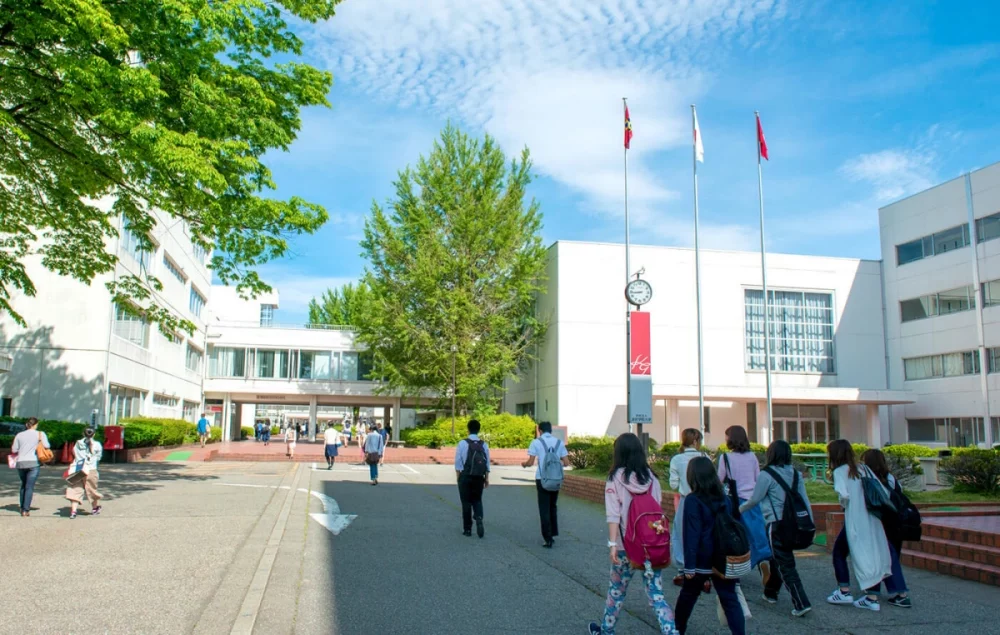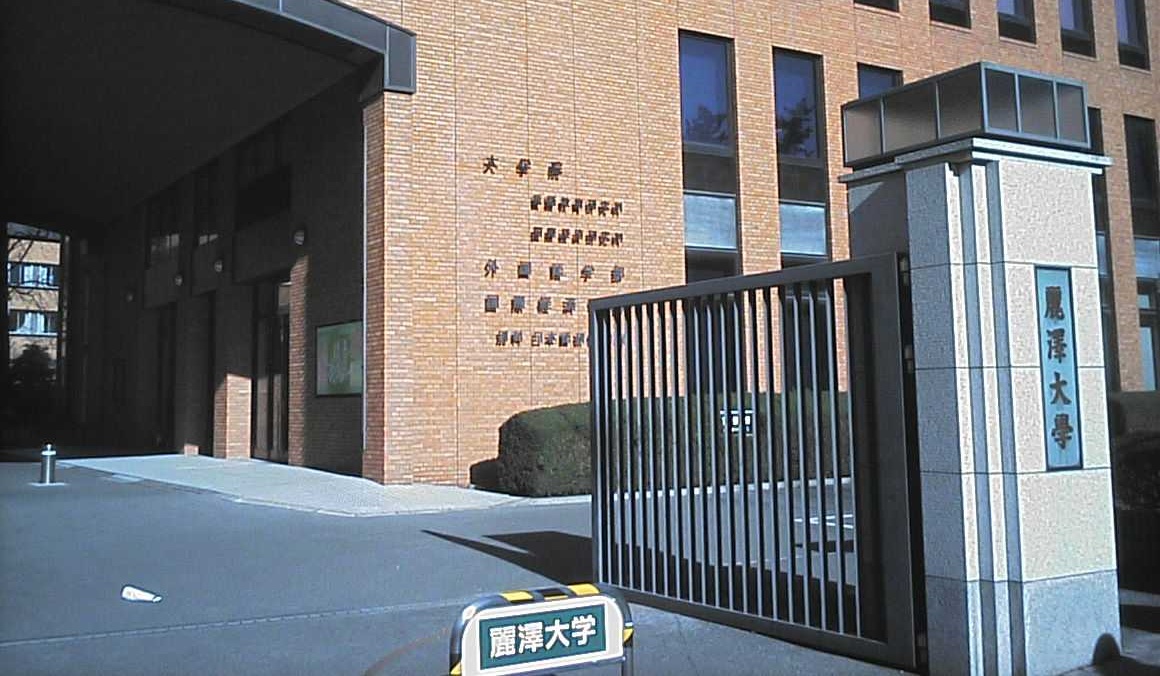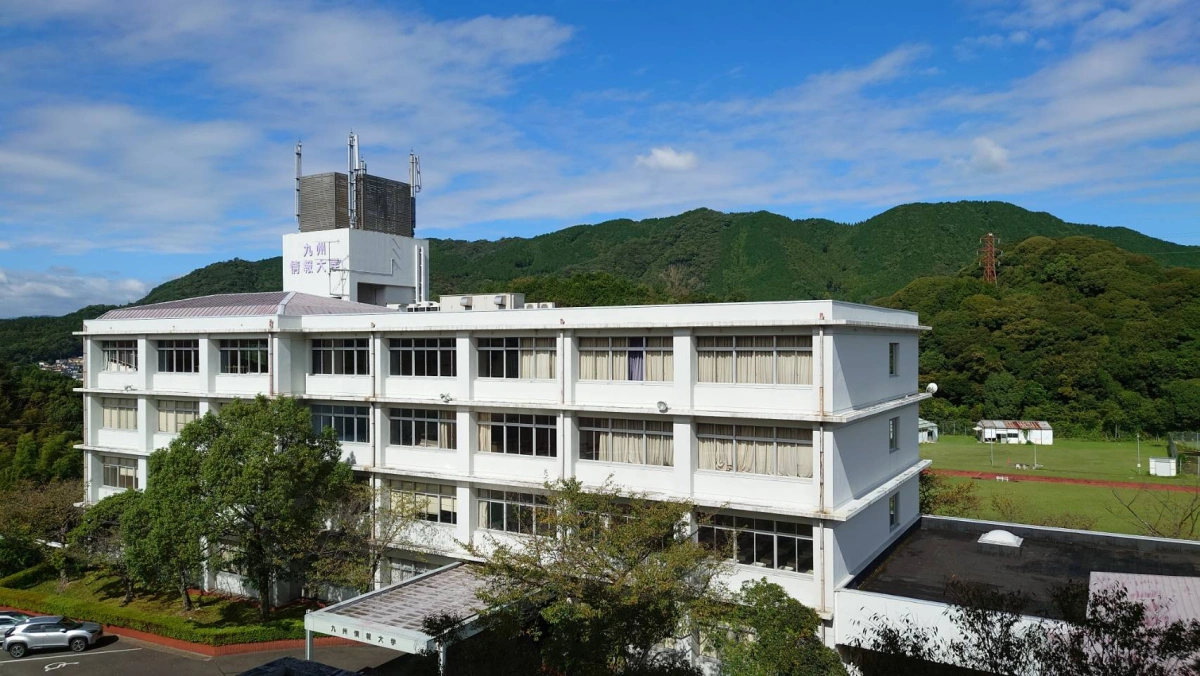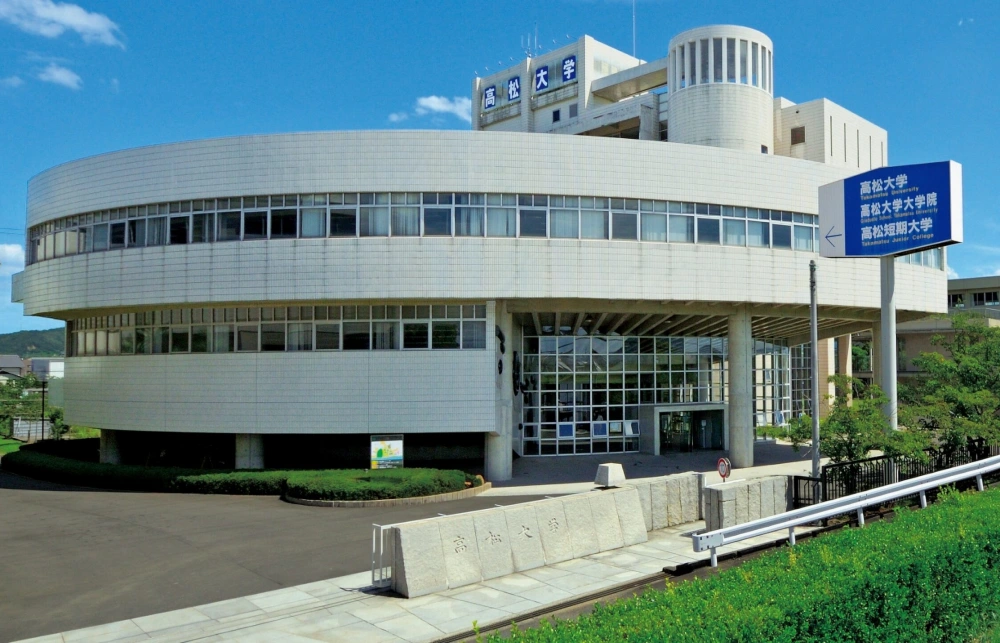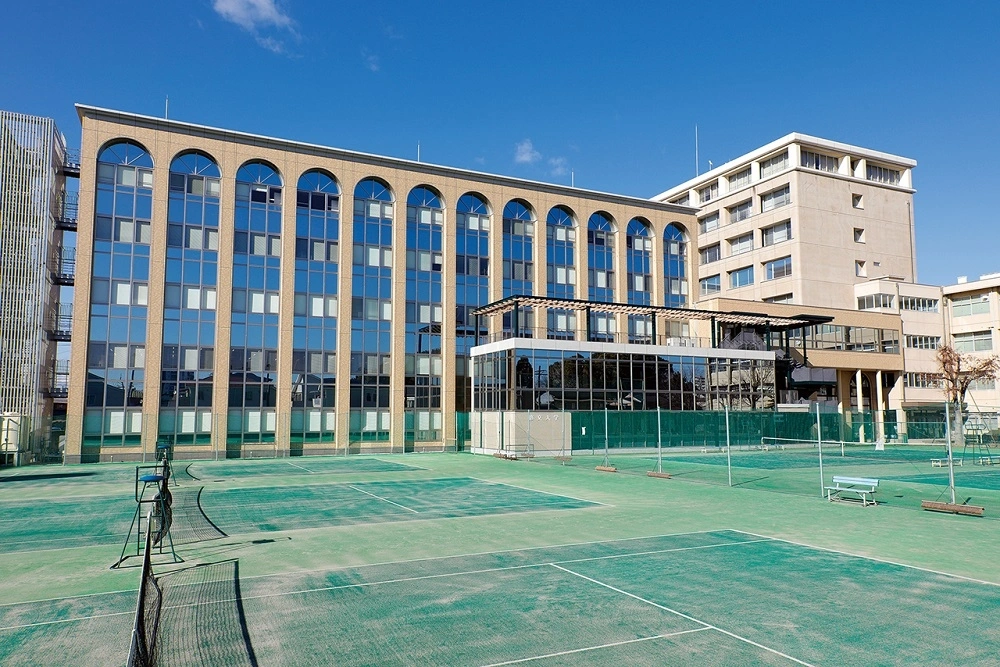According to reports from Japanese media, the Ministry of Justice in Japan is set to introduce a new policy in the autumn of 2023, lifting employment restrictions for students graduating from specialized schools. This means that international students from specialized schools will no longer be limited to working in fields directly related to their major when applying for humanities and engineering work visas.
Under previous policies, international students graduating from specialized schools were required to work in a field related to their major. Many students faced challenges finding employment and were forced to return to their home countries. With the new policy introduced by the Japanese government, graduates from specialized schools recognized by the Ministry of Justice will have the flexibility to pursue employment in fields less directly related to their academic specialization, making it easier for them to work in Japan.
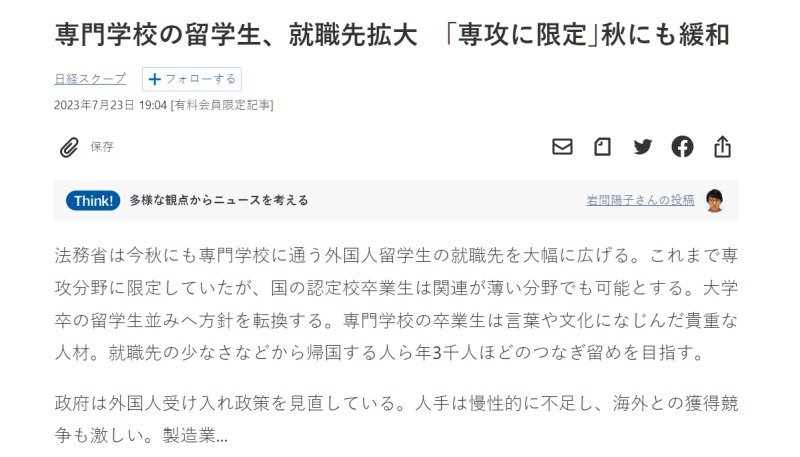
According to the Japanese government's explanation, students from specialized schools, who are familiar with the Japanese language and culture, are considered valuable talent. The government emphasizes the need to provide an environment where they can contribute, and a series of measures will be strengthened to ensure the well-being of international students working in Japan.
In recent years, the Japanese government has continuously strengthened its talent strategy. In addition to the previous policy for special highly skilled professionals, this relaxation of employment restrictions for international students from specialized schools demonstrates a determination to attract more labor. According to estimates from the Ministry of Education, Culture, Sports, Science, and Technology in Japan, after this policy modification, the number of international students from specialized schools finding employment in mainland Japan is expected to increase by up to 3,000 individuals annually. This is undoubtedly good news for students aspiring to study in Japan!
Specialized schools in Japan provide vocational education, similar to vocational schools or colleges in other countries. They typically offer two-year programs, and some have four-year programs. The conditions for enrollment in specialized schools include:
- Completion of high school or equivalent education, with corresponding certificates.
- Japanese language proficiency at the N2 level or equivalent proof of Japanese language ability.
- Sufficient financial support for 2-4 years of tuition.
While the employment restrictions for students from specialized schools have been lifted, it is still advisable for prospective students to choose majors that are in demand in the Japanese job market, such as automotive repair, IT, nursing, tourism, and hospitality. For more information, you can refer to the following Japanese specialized school information websites:
